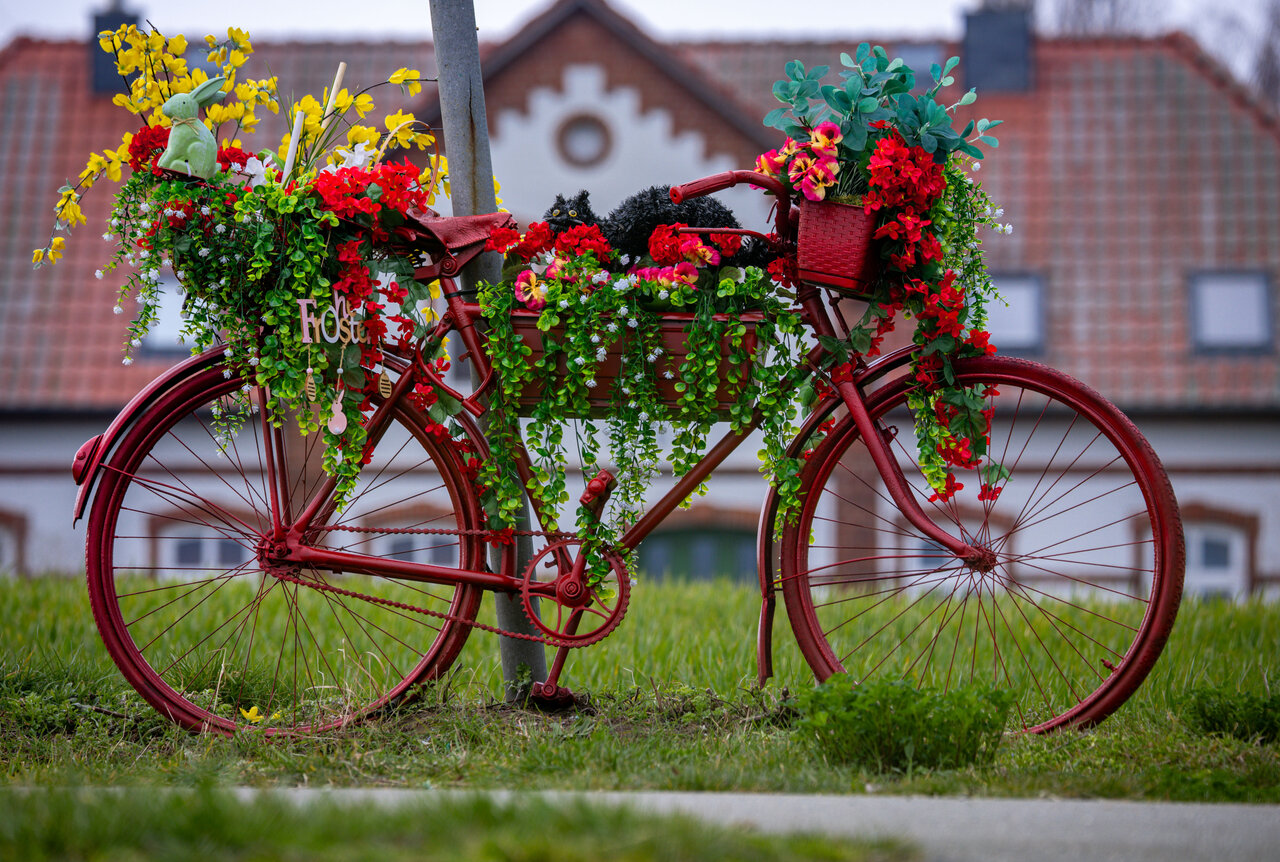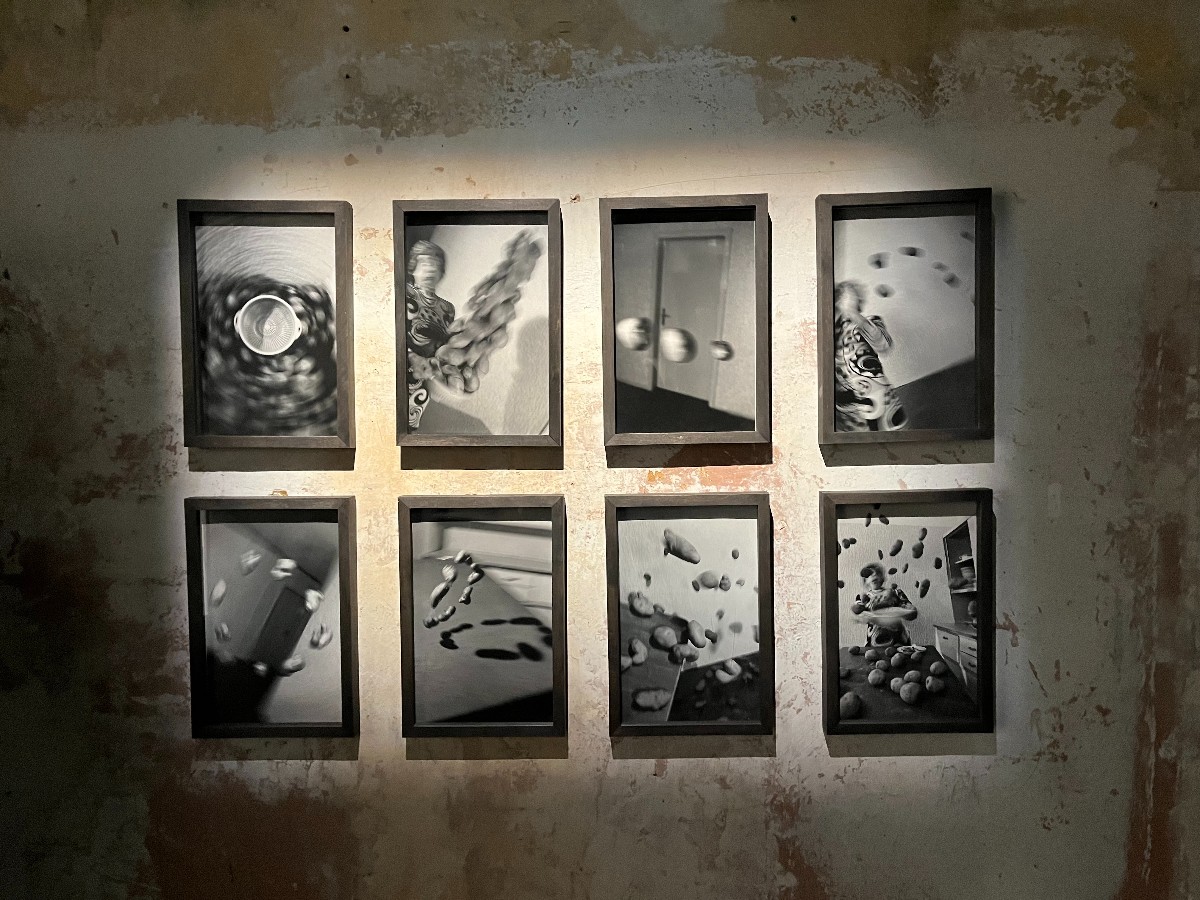Germany’s ‘Bubatz’ law to come into force from April
The German coalition government scored a success on Friday when the upper house – the Bundesrat – approved a new law to legalise cannabis. From April 1st, adults in Germany will be able to possess up to 25g of the drug in public spaces, and in private homes up to 50g. Meanwhile, growing up to three cannabis plants will become legal. The law also allows from later this year non-commercial “cultivation associations” or cannabis clubs for adults, where up to 500 members can grow cannabis collectively and supply it to each other for personal consumption – with a maximum of 50 grams per member per month.
Although government ministers rightly call this a ‘turning point’ for drugs policy in Germany, the law has been watered down since the first draft and has faced obstacles. In fact, it was a little surprising that the law got the go ahead in the Bundesrat in the first round. The opposition Christian Democrats (CDU) and its Bavarian sister party, the CSU, oppose the legislation and it was thought the matter would be referred to a mediation committee, causing delays. But there was no majority to do that and the law passed. Despite this, opposition politicians voiced their concerns on social media. Markus Söder of the CSU called the move a “fatal mistake”, adding: “Germany is harming itself and jeopardising the health of the population.” But the coalition stands firm. Finance Minister Christian Lindner tweeted after it was approved: “Bubatz bald legal” – “weed soon legal.”
Tweet of the week
Wow – otw home today I learned that Olga Benario, the badass communist Jewish militant anti-fascist murdered by the Nazis lived only about 100 meters from my house. One can say many bad things about self-serving memory culture, but this dispersed monument is really quite special. pic.twitter.com/3dGWDTVo5f
— Hanno Hauenstein (@hahauenstein) March 15, 2024
Stolpersteine or stumbling stones are small memorial blocks scattered all over neighbourhoods in Germany and Europe. The artwork is meant to help us remember the individuals who died at the hands of the Nazis, with each stone including where the victim lived, their date of birth and their fate.
Germany in Focus podcast
In this week’s episode, we give a citizenship law update (of course!), and we get into what to know about the EU elections in Germany, the history of Berlin techno and why it’s a cultural heritage site, how skiing resorts in Germany are struggling and what’s open at Easter. Check it out here or wherever you get your podcasts. Please leave a review and a rating or let us know your feedback. You can email the team directly at [email protected].
Where is this?

Germans are known for their cute floral and Easter egg decorations at this time of year. The Osterschmuck are usually found on trees, gardens and balconies, but a red bicycle on the Baltic Sea island of Poel got the Easter treatment this year.
Did you know?
The temperatures have been fluctuating in Germany but one thing for sure is that spring is officially here. On March 20th, the Spring Equinox – called Die Tagundnachtgleiche in German – arrived, meaning we officially made it out of winter. The beginning of spring sees several celebrations in many cultures around the world and is often linked with traditions related to rebirth, renewal and fertility. Among pre-Christian Germanic tribes such as the Saxons, a spring Goddess called Ostara, was celebrated on the Spring Equinox with a feast day and other traditions such as planting seeds or decorating eggs. Traditional symbols for Ostara included rabbits and ducklings. It is widely believed that some of these traditions were later adopted and Catholicised, leading to the creation of Easter (Ostern) as we know it today. Nowadays there is also a lot of chocolate bunny eating involved in a German Easter. Don’t forget that Good Friday (Karfreitag) on March 29th and the following Monday after Easter on April 1st are public holidays in Germany!




 Please whitelist us to continue reading.
Please whitelist us to continue reading.
Member comments